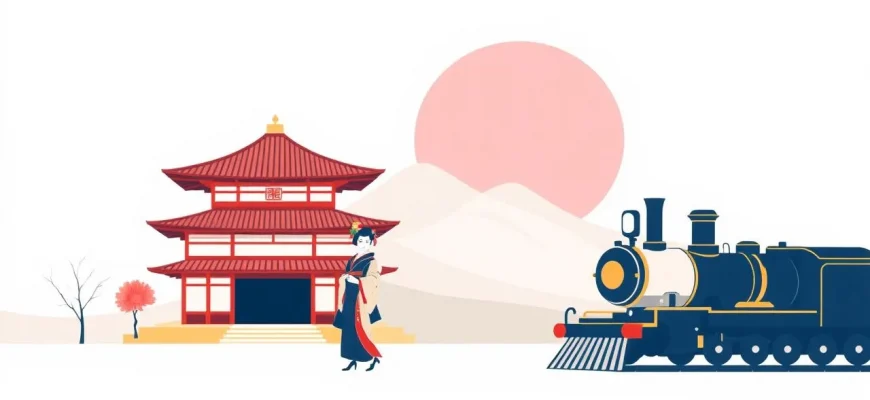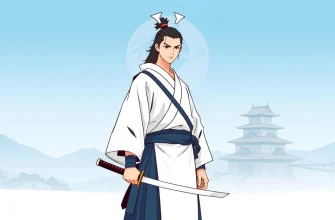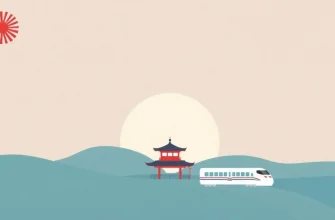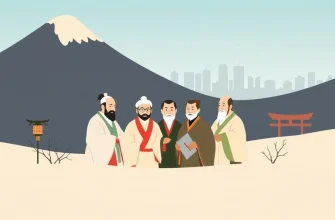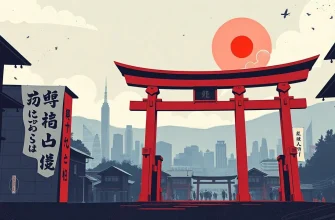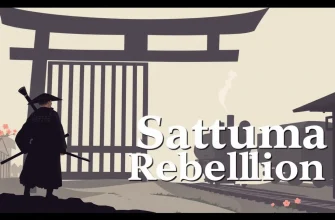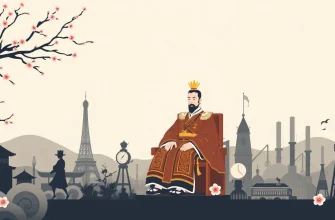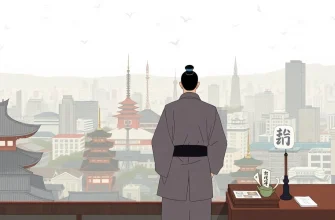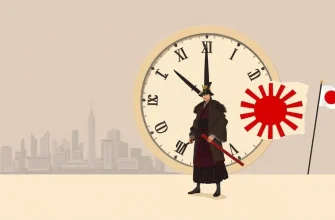The process of Japan's Westernization, or the Meiji Restoration, is a pivotal moment in history where the country opened its doors to the world, embracing Western culture, technology, and political systems. This collection of films delves into this transformative era, offering viewers a glimpse into the cultural, social, and political shifts that shaped modern Japan. From samurai tales to political dramas, these movies provide a rich tapestry of stories that illustrate the complexities and nuances of Japan's modernization.

The Last Samurai (2003)
Description: This epic film captures the clash between traditional samurai values and the encroaching Western influence during the Meiji Restoration. It follows an American officer who becomes a samurai, highlighting the cultural exchange and conflict.
Fact: The film was shot in New Zealand, and Tom Cruise underwent extensive training in Japanese swordsmanship for his role.
 Watch Now
Watch Now 
Silence (2016)
Description: Set in the 17th century, 'Silence' explores the persecution of Jesuit missionaries in Japan, reflecting on the cultural and religious tensions during the early stages of Western influence.
Fact: Martin Scorsese spent over 25 years trying to bring this story to the screen, based on Shūsaku Endō's novel.
 Watch Now
Watch Now 
The Hidden Blade (2004)
Description: This film focuses on a samurai's struggle with the changing times during the late Edo period, reflecting on the impact of Westernization on traditional samurai ethics.
Fact: The film was directed by Yoji Yamada, known for his Tora-san series, showcasing his versatility in genre.
 30 Days Free
30 Days Free 
The Twilight Samurai (2002)
Description: Set in the late Edo period, this film portrays the life of a low-ranking samurai who must navigate the new societal norms brought by Western influence while maintaining his honor.
Fact: It won the Japanese Academy Award for Best Film, showcasing its critical acclaim.
 30 Days Free
30 Days Free 
The Sword of Doom (1966)
Description: This dark samurai film explores the moral decay of a swordsman during the Meiji Restoration, reflecting on the personal and societal changes brought by Westernization.
Fact: The film was remade in 2011, but the original remains a classic for its intense portrayal of samurai ethics.
 30 Days Free
30 Days Free 
The Sea and Poison (1986)
Description: Set in post-WWII Japan, this film examines the ethical dilemmas faced by doctors influenced by Western medical practices, reflecting on the broader cultural shifts.
Fact: It was based on a novel by Shusaku Endo, who also wrote the novel for 'Silence'.
 30 Days Free
30 Days Free 
The Sun (2005)
Description: This Russian film portrays Emperor Hirohito's surrender to General MacArthur, symbolizing Japan's transition from imperial rule to a Western-influenced democracy.
Fact: Issei Ogata, who played Hirohito, won the Best Actor award at the Cannes Film Festival.
 30 Days Free
30 Days Free 
The Emperor in August (2015)
Description: This film dramatizes the final days of WWII, focusing on the internal debates within the Japanese government about surrender, reflecting the influence of Western political systems.
Fact: The film was released to coincide with the 70th anniversary of the end of WWII.
 30 Days Free
30 Days Free 
The Human Condition III: A Soldier's Prayer (1961)
Description: The final part of Masaki Kobayashi's epic trilogy, it follows a Japanese soldier's journey back home, highlighting the cultural and psychological effects of Westernization on the Japanese psyche.
Fact: The trilogy is considered one of the greatest anti-war films ever made.
 30 Days Free
30 Days Free 
The Ballad of Narayama (1983)
Description: While not directly about Westernization, this film set in a remote Japanese village reflects on the clash between tradition and modernity, a theme relevant to Japan's broader cultural shifts.
Fact: It won the Palme d'Or at the Cannes Film Festival, showcasing its global recognition.
 30 Days Free
30 Days Free 
